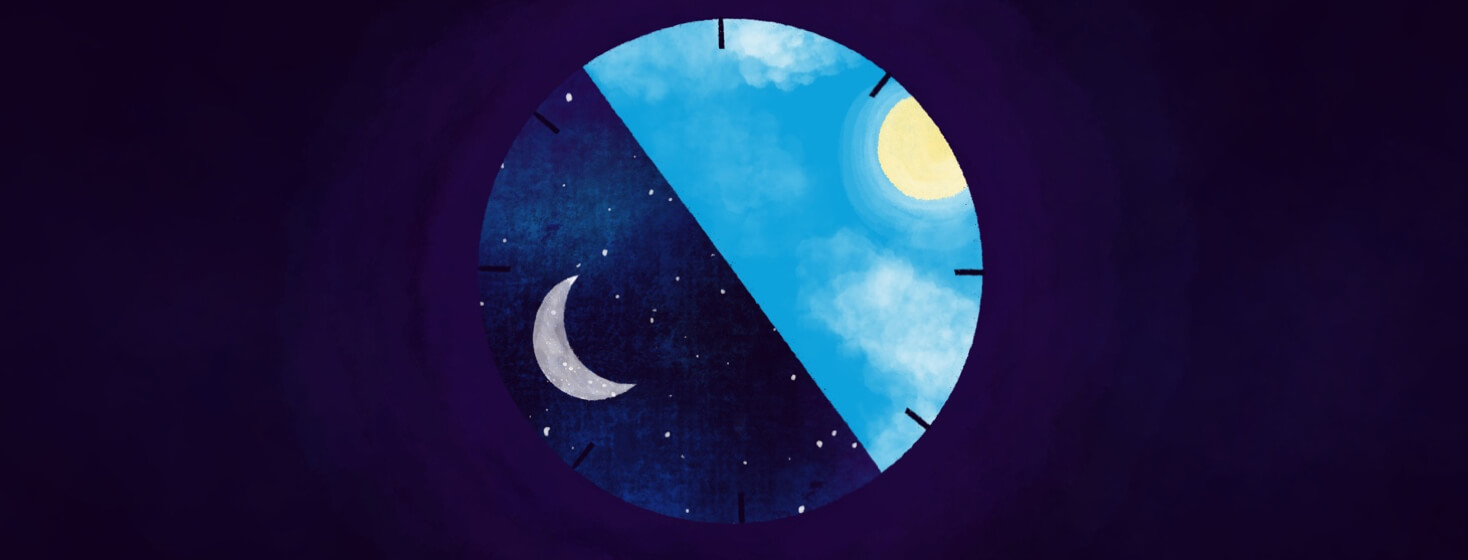Is It Really Sleep-Onset Insomnia?
Difficulty falling asleep, staying asleep, or waking early – or some combination of all 3 – are features of insomnia. However, insomnia comes in many flavors.
What is sleep-onset insomnia?
Sleep-onset insomnia is defined as having trouble falling asleep. Sleep-onset insomnia is very common and is the most common form of insomnia in my sleep therapy clinic. When people have difficulty falling asleep, they will often, very naturally, think they have this particular kind of insomnia.
What makes sleep-onset insomnia worse?
It is not unheard of for somebody with this kind of insomnia to take several hours to fall asleep. Some may not fall asleep until 2 AM or later.
The usual things people often do to catch a bit more sleep, such as lying in bed later in the morning, can actually make sleep-onset insomnia worse by reducing the sleep drive they need to get to sleep within a reasonable time. Waking irregularly also can disrupt a person's circadian rhythm – the biological timing of when they sleep.
How do I know if I really have sleep-onset insomnia?
Having difficulty falling asleep may not be sleep-onset insomnia. It could instead represent a natural variation in the timing of a person's circadian rhythm, particularly if it is a longstanding part of their sleeping issues.
Delayed sleeping phase syndrome/disorder is when someone is a "night owl" – those who fall asleep in the small hours of the night and find it difficult to wake in the morning.1
Think of teenagers. Teens and young adults often experience a circadian rhythm shift as a natural consequence of changes in their brains as they age. Often the circadian rhythm will shift and return to the more common type, but not always.
Sleep-onset insomnia or circadian rhythm change?
So, how could you know if it's one or the other? Sleep-onset insomnia or a circadian rhythm change? A professional assessment is advised. However, a few guidelines can help differentiate between them.
Sleep-onset insomnia
Someone with sleep-onset insomnia may look like this: You may have normally fallen asleep late in the evening and awakened at 6 or 7 AM with no problems and have always tended to feel energetic, sharp, and creative during the day. Then, the sleeping problems started. If your difficulty falling asleep has coincided with a stressful or exciting time, it's more likely to be sleep-onset insomnia.
Circadian rhythm variation
Someone with a natural variation in their circadian rhythm may look like this: You were always a night owl and were more creative and energetic later in the day/evening and had a lot of trouble in the morning hours when forced to wake up. On weekends and holidays when you don't have to wake up, you sleep naturally from the small hours of the morning to the late hours of the morning. If this is your story, you might want to seek an assessment to differentiate your situation from sleep-onset insomnia. This is because no insomnia treatment is going to address the circadian component of the sleeping issue.
Historical patterns can offer a clue
Someone with a delayed phase can also have sleep-onset insomnia. And often, people with longstanding insomnia can develop circadian rhythm issues, which is why an assessment is needed.
Sleep-onset insomnia is not defined by any actual time a person falls asleep. It's about having a hard time falling asleep at whatever time is normal for that person. Looking at historical sleeping patterns can definitely lend a clue to what may be contributing to having a hard time falling asleep.
Do you have a difficult time falling asleep? Have you ever had an assessment to see if it's insomnia or a circadian rhythm variation? Please share your experience in this forum, here!

Join the conversation